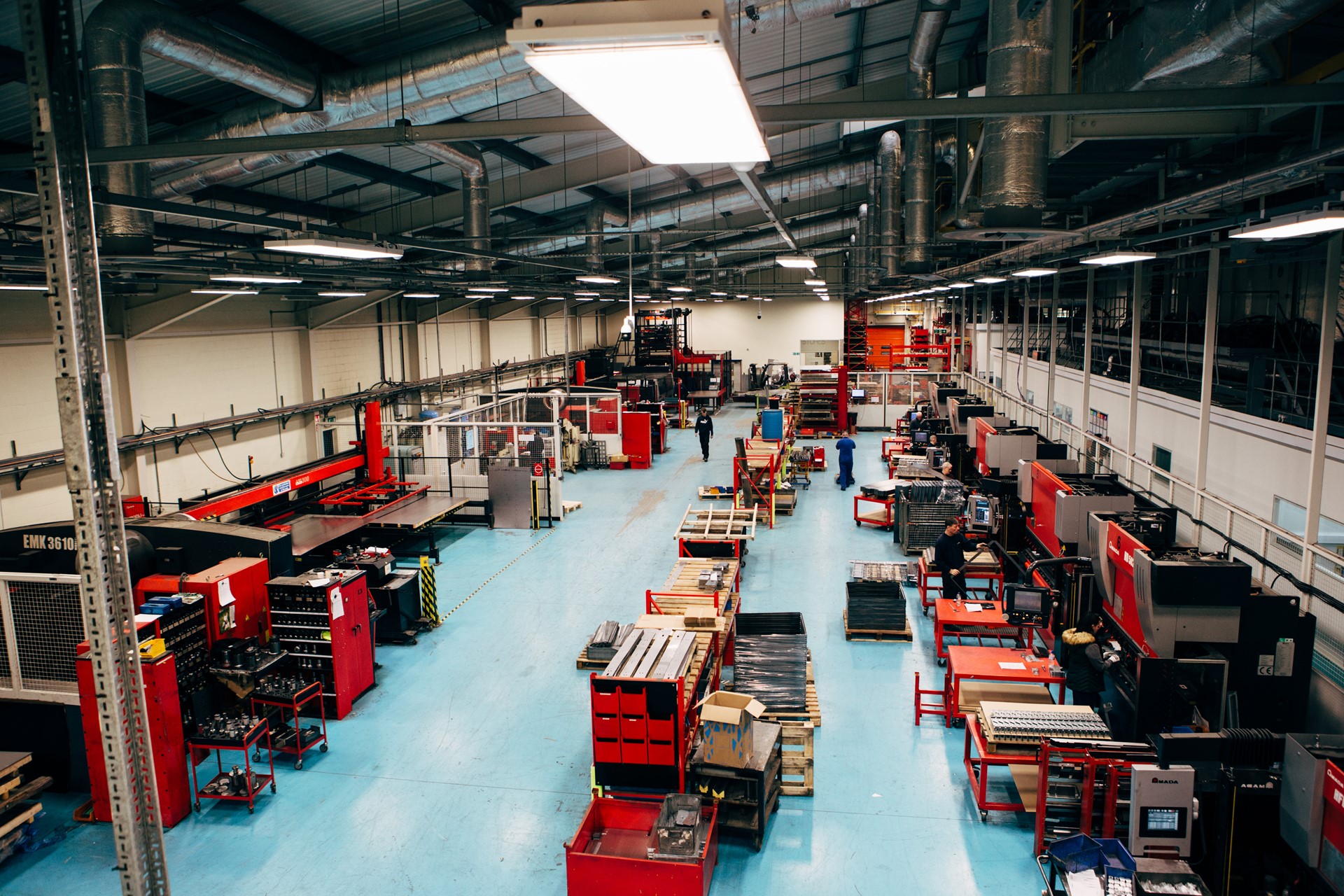
How to save energy: lighting
Read time: 2 minutes
Lighting can account for up to 40% of a building’s electricity consumption, sometimes more if you’re an office-based business.
Making sure you use artificial lighting as efficiently as possible is therefore one of the lowest-hanging fruits in your energy-saving arsenal.
Here are several tips you can act on quickly, most at very little or no cost:
Consider a ‘last to leave’ switch-off policy at the end of the day (create reminders and promotional materials to raise awareness if needed). If you have banks of switches and it’s not immediately clear which ones relate to which lights, label them to make the process simpler.
Keep windows and skylights clean and unobstructed to minimise the need for artificial lighting during the day.
Are there non-working areas of the building where you don’t need lighting to be as bright and could therefore remove surplus bulbs, or areas where light could be more focused in specific places?
Examples include timers (e.g., to automatically turn off lights outside of operating hours), daylight sensors, or occupancy sensors that automatically switch off lights in areas of low traffic, such as toilets, storerooms and corridors.
LED lighting can use up to 90% less electricity than older lamps, and today’s energy prices mean they have a very quick return on investment – well within a year in most scenarios. LEDs can also improve light quality, creating a safer and more comfortable working environment.
The image below shows LED lighting at Bradley Manufacturing in Oldham - read the case study here.


If you are seeking a trusted, local supplier for installing energy-saving technologies, use our online marketplace.
This blog was originally published on the Bee Net Zero website.
Read our series of blogs to help you reduce energy in your business.
Our teams offer support to help you reduce carbon, increase competitiveness and save money.
Based in York or Greater Manchester? Explore our fully-funded programmes.
Explore our training programmes to help you accelerate climate action, embed your environmental policy within your business and deliver value for your business.
Contact us today to speak to a sustainability specialist, to help you improve the efficiency of your operation, save money and reduce your carbon impact.